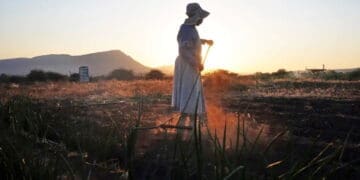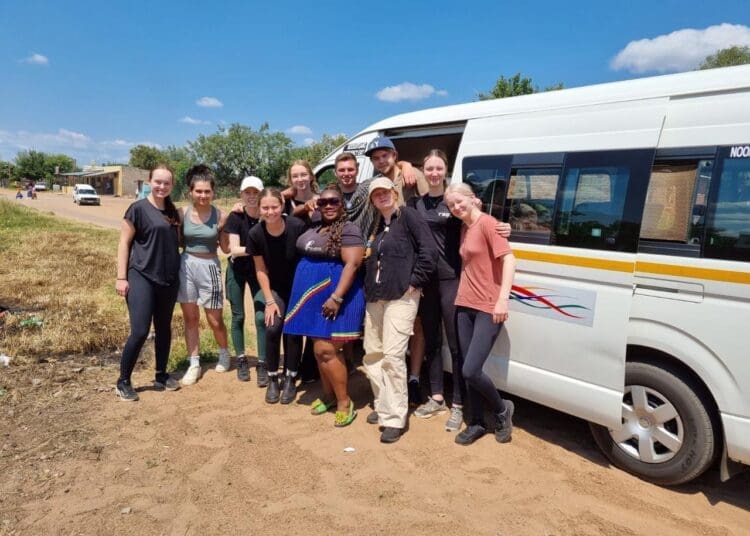South Africa’s small tourism businesses are looking to tap into new growth avenues following the successful rollout of the Digital Trusted Tour Operator Scheme (TTOS).
This government initiative has already facilitated the arrival of over 11,000 tourists from China and India within just three months.
Launched in February as a pilot project, TTOS aims to streamline visa applications for international tour groups through a secure, digital platform.
So far, the initiative has processed visas for 11,144 tourists through 65 accredited operators.
According to Operation Vulindlela, the project has already supported the creation of approximately 857 jobs across the tourism value chain.
Despite the early success, some tourism SMMEs say they have not meaningfully benefited.
Itumeleng Seleke, CEO and operations manager of Nomusa BNB (Pty) Ltd in Richards Bay in KwaZulu-Natal, said the initiative has not yet had a direct impact on her operations.
“I have heard of the Trusted Tour Operator Scheme, but it has not affected us since we do not currently cater to international tourists,” she said.
“Still, the initiative has the potential to uplift businesses like ours by enhancing our digital footprint and visibility to global travellers. Partnering with accredited operators could create new market opportunities.”
Home Affairs Minister Leon Schreiber has praised the project’s economic impact.
“This is a clear demonstration of what happens when the government cuts bureaucracy and embraces digital innovation. We are not only easing travel but also supporting job creation,” said Schreiber.
However, several small operators argue that the benefits are skewed in favour of larger companies.
Liorna Berend, founder of Borutho Tours and Travel in Limpopo, noted a rise in international tourism activity but said small operators are yet to see substantial gains.
“I have seen an increase in international visitors since TTOS launched, but the benefits seem to be going mainly to the big players,” Berend said.
“If smaller operators like myself were included more intentionally, we could use this platform to draw in new clients and grow employment. Even mentorship from established businesses would help.”
For some, however, there has been a positive impact.
Gopolang Makgotho, who is the co-CEO of Calvinos Shuttle Services in Polokwane, said the company has experienced a surge in international bookings, particularly from China and India.
“This increase has allowed us to improve service quality and bring more staff on board,” Makgotho said.
“We are now designing bespoke cultural experiences for Asian tourists, but more targeted support is still needed, especially for youth-led businesses that do not yet meet the scheme’s criteria.”
She called for more inclusive policies such as training, funding support and improved digital access for smaller businesses.
“Many SMMEs remain invisible without access to global booking platforms,” she added.
The Department of Home Affairs has confirmed that a broader Electronic Travel Authorisation (ETA) system is being developed and is set to launch later this year.
This will expand digital visa access beyond group travel to individual tourists, creating further opportunities for the sector.
While TTOS has shown strong potential in unlocking economic value through simplified group travel, ensuring that small tourism businesses are fully integrated into its success remains the next challenge.































































